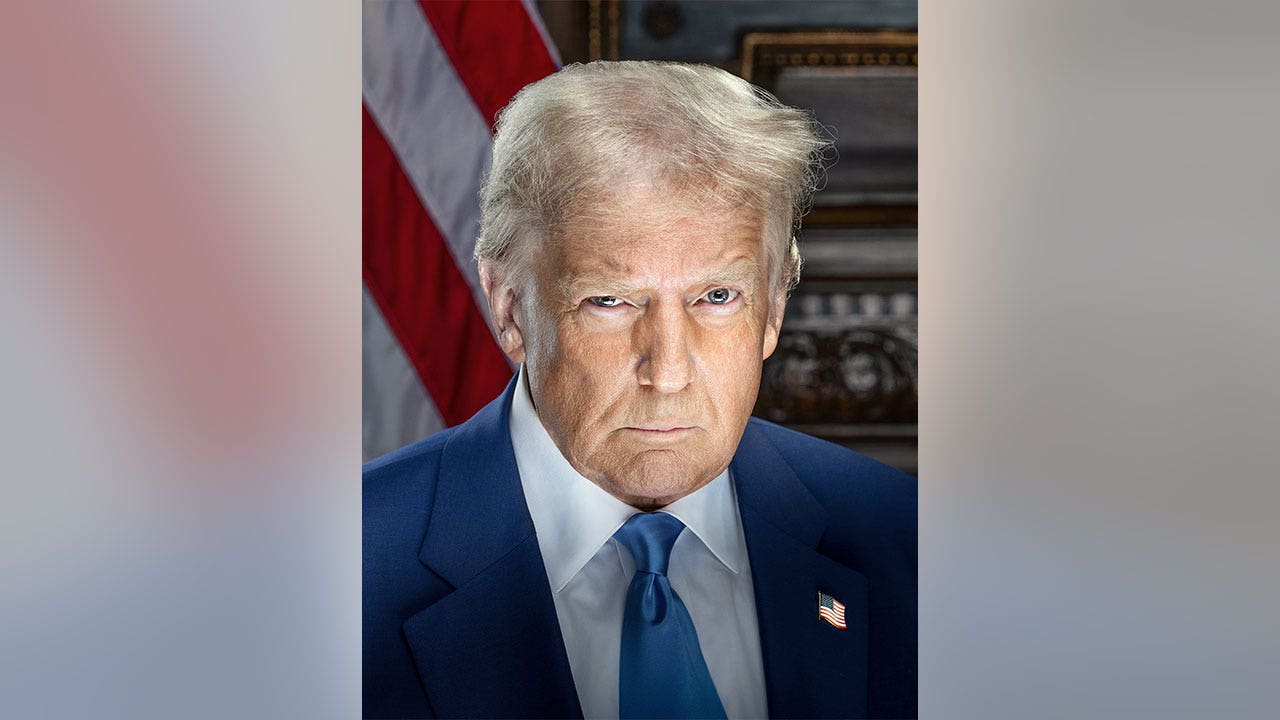Trump sanctions on ICC protects US military and government officials, former NSC official says

President Donald Trump’s recent executive order imposing sanctions on the International Criminal Court (ICC) has sparked a heated debate among critics and supporters. The order, which aims to protect U.S. military and government officials from potential prosecution by the ICC, has been met with both praise and condemnation.
Richard Goldberg, a former Trump official and senior adviser at the Foundation for Defense of Democracies, lauded the executive order as a crucial step in defending American soldiers and officials from what he described as an “international kangaroo court.” Goldberg argued that the ICC has overstepped its bounds by targeting U.S. and Israeli officials for alleged war crimes, and that the sanctions are necessary to prevent further “lawfare” against these individuals.
On the other hand, the ICC has condemned the executive order, stating that it undermines the court’s independence and impartiality. The ICC vowed to continue its mission of providing justice to victims of atrocities around the world, despite the sanctions imposed by the U.S.
The ICC’s decision to issue an arrest warrant for Israeli Prime Minister Benjamin Netanyahu and former Defense Minister Yoav Gallant in May 2024 was a key factor that led to Trump’s executive order. Netanyahu praised the order as a necessary defense against the ICC’s alleged bias and corruption.
While some countries, including Hungary, have expressed support for Trump’s sanctions on the ICC, others have criticized the move. Nearly 80 countries issued a joint statement reaffirming their support for the ICC’s role in holding perpetrators of international crimes accountable.
Despite the controversy surrounding the executive order, Goldberg emphasized the need for swift action from Senate Republicans to codify the sanctions. He urged Senate Minority Leader Chuck Schumer to support the order and called for a bipartisan effort to address the issue.
In conclusion, Trump’s executive order targeting the ICC has ignited a fierce debate over the role of the international court in prosecuting alleged war crimes. While supporters argue that the sanctions are necessary to protect U.S. and Israeli officials from unjust prosecution, critics argue that the order undermines the ICC’s mission of delivering justice to victims of atrocities worldwide. The future of U.S. involvement with the ICC remains uncertain as the debate continues to unfold.




